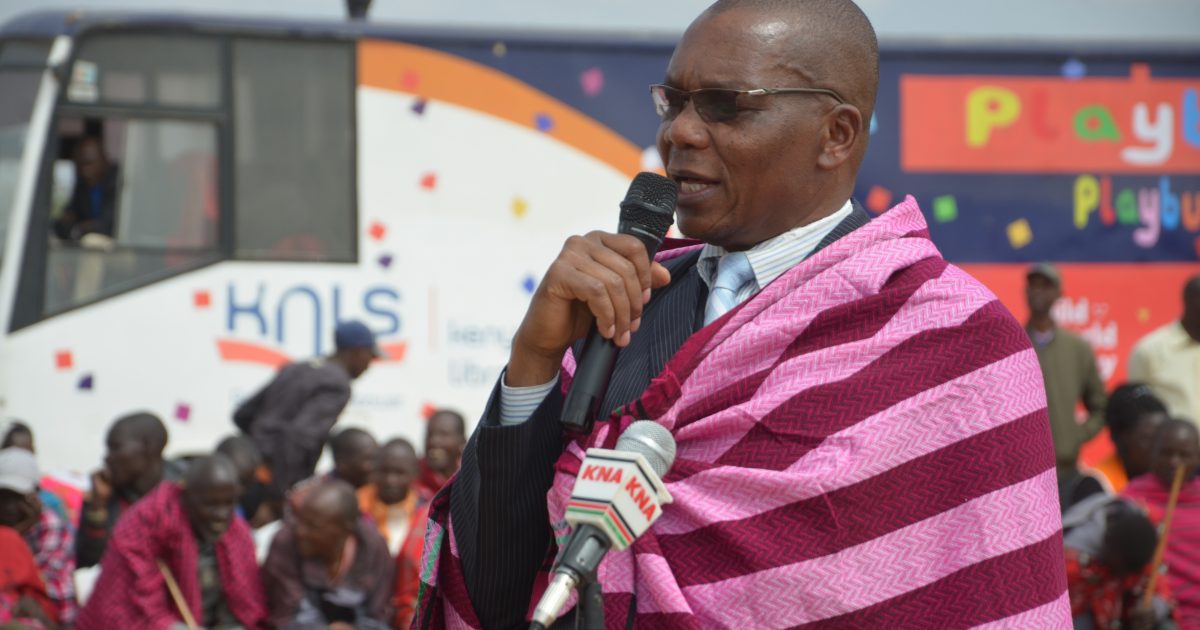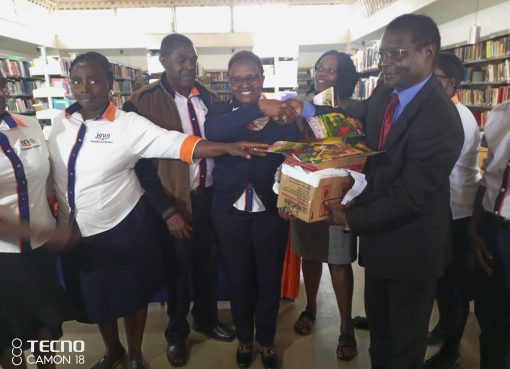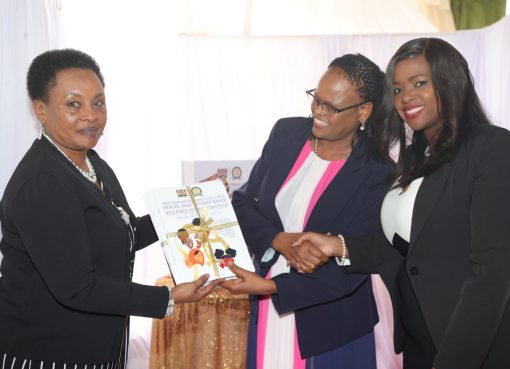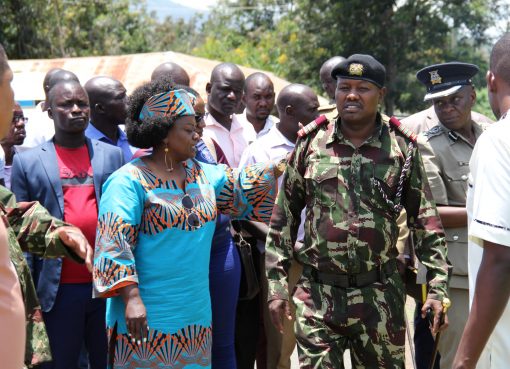Narok County Commissioner, Isaac Masinde, has lamented over increasing cases of Female Genital Mutilation (FGM) in the County that has led the Anti-FGM Board to rank the County at position two in the country.
Masinde said the County has shot from position eight in the past few years to position two beating only the neighbouring Kisii County.
The Commissioner said the outdated cultural practice has compromised education standards in the pastoralists dominated county, as many children drop out of school after undergoing the outdated cultural practice.
He spoke at Olonganaiyo Primary School in Narok West Sub-county, where he called upon parents and residents to protect their children and educate them, as there were laws protecting them, noting that the government will not relent in punishing the culprits of FGM.
Already, the County Commissioner said 30 cases have been prosecuted in courts of law since February this year, which includes a Chief who subjected his daughter to FGM.
“The Chief’s case is already in court and if he is found guilty, he will lose his job and serve a jail sentence so that he can be an example to the many other families that intend to commit the vice,” reiterated Masinde.
“The community should be vigilant and report cases of children missing school or those suspected to have undergone FGM so that we can follow up and rescue the children,” he added.
Masinde urged schools to re-admit girls who had dropped out of school due to pregnancies, to enable them get basic education for the betterment of their future lives.
The Administrator also cautioned parents against removing boys from school to go to seek casual jobs at the Maasai Mara Game Reserve, where they serve as tour guides.
The Commissioner reported that the county has achieved 98 per cent transition from primary to secondary asking the community to take advantage of the free primary education programme in primary and day secondary schools.
President Uhuru Kenyatta’s Administration committed to ending the outdated FGM practice by the end of this year and asked all stakeholders to collaborate to end the practice.
By Ann Salaton





